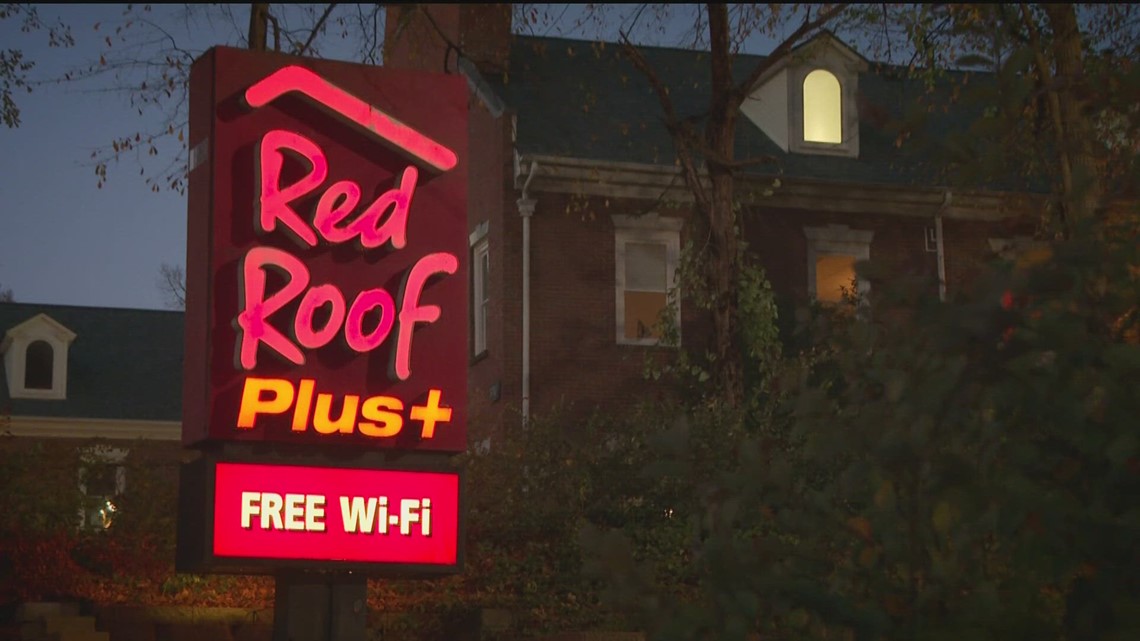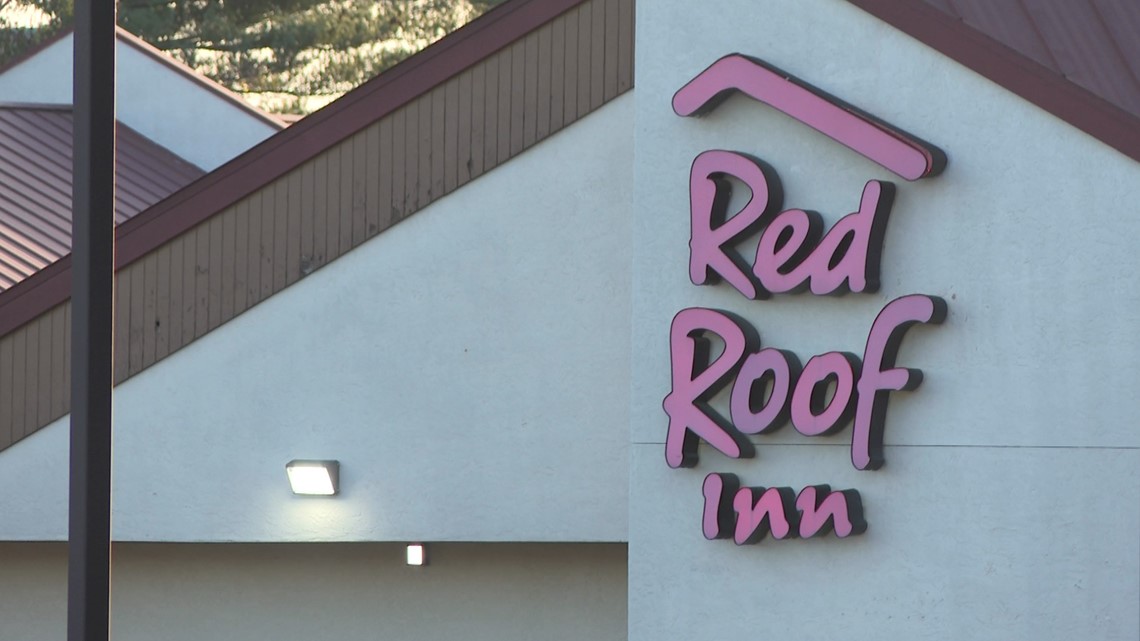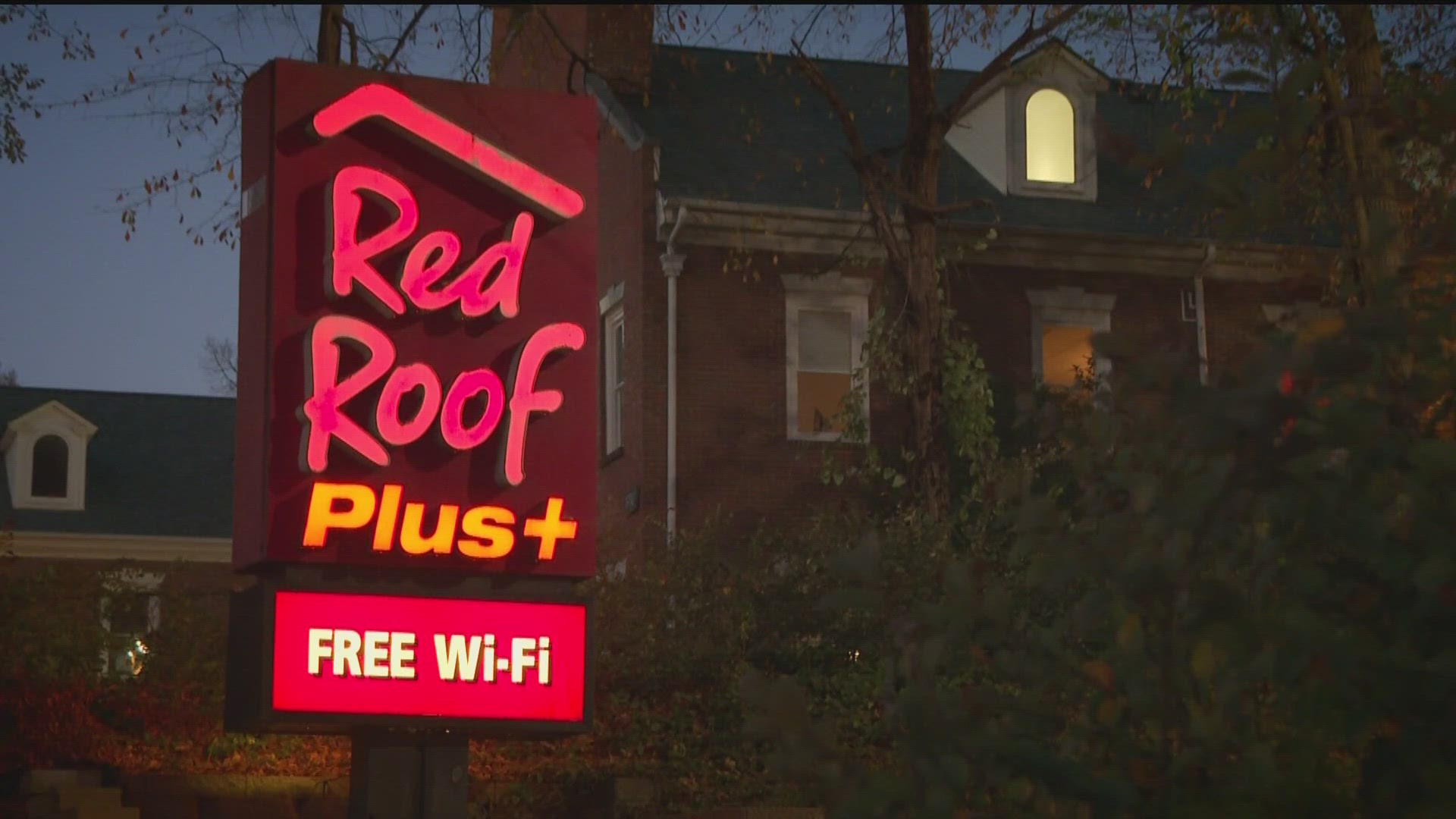ATLANTA — Survivors of human trafficking have another advocate on their side, fighting to help them receive compensation from companies who are accused of financially benefitting from their victimization.
Following four years of litigation, just days before the trial was set to begin on Nov. 27, Red Roof Inn settled with four plaintiffs being represented by attorney Pat McDonough.
He leads the sex trafficking division for Andersen, Tate and Carr, which created In the Life Law, where a team of attorneys, therapists, private investigators and other experts work on a mission to help sex trafficking victims get compensation through civil lawsuits.
"When you file a case in federal court, it's because they absolutely knew or no question they should've known," McDonough explained.
He's referring to Red Roof Inn, specifically two properties in metro Atlanta, including Red Roof PLUS Atlanta Buckhead on North Druid Hills Road and Red Roof Inn Atlanta-Smyrna/Ballpark on Corporate Plaza Southeast.
In a 122-page civil lawsuit filed in the United States District Court for the Northern District of Georgia, the four plaintiffs make a number of accusations against Red Roof Inn pertaining to human trafficking at the Smyrna and Buckhead properties.
The plaintiffs listed -- Jane Doe one, two, three and four -- stated their traffickers imposed a "thousand-dollar-a-day-quota," which, according to the lawsuit, meant she had to see at least 10 buyers a day. Another plaintiff stated, "To eat, we had to make a thousand dollars."
The lawsuit alleges that "traffickers relied on hotel staff to notify them if police were in the area." It states hotel employees "accepted money and drugs in exchange for helping traffickers by serving as a lookout."
In one section of the lawsuit, an employee stated prostitution was so pervasive that there was "no need to report it to higher-ups because it was already known."
McDonough said his team used Georgia's RICO statute by showing Red Roof Inn defendants participated in a pattern of racketeering activity.


"The reality is, if you're allowing prostitution to go on, you're just allowing the environment, the haven for sex traffickers to come in," he explained.
McDonough said while the monetary victory is great for the survivors, the even more important work they're doing is to bring awareness to the issue and put the hospitality industry on notice.
RELATED: Girl rescued from metro Atlanta motel where she was bought and sold for sex, 9 men convicted
"If a business is making money and they knew or should have known it's off sex trafficking, they can be civilly liable," he explained.
The team referred to the federal Trafficking Victims Protection Reauthorization Act (TVPRA), which was passed in 2008 and allows survivors who were under 18 at the time of being trafficked 10 years to bring forth their case.
"There are a lot of great people in the hospitality industry that do the right thing. We're just trying to get the ones that aren't and saying, look, if you're going to do your profit loss statement, you better put this into the equation. These survivors are pretty tough and they might come back and sue you," McDonough said.
He said after four years of litigation, the court looked at all the evidence and decided to deny motions by Red Roof Inn to have the claims dismissed and set the case for trial on Nov. 27.
While McDonough couldn't go into detail, he said just days ahead of the trial, Red Roof Inn decided to settle. The plaintiffs were awarded an undisclosed amount of money in which he said was set up into a trust.


Now, his team is preparing for a second trial in June 2024 involving 11 more plaintiffs, which, again, if it goes to court, will likely get to the core of the issue, should hotel chains be held liable for human trafficking.
McDonough and his team said they absolutely should if they know it's happening, they're profiting off it and offer no training to their employees to try and stop it and rescue these victims.
"This is how systematically across the country you can change behavior by making these hotels do the right thing," he explained.
He pointed out the great work being done by the Georgia Attorney General's Human Trafficking Prosecution Unit, which is aggressively going after the buyers and sellers. McDonough hopes their mission, along with the criminal side, will start to turn the tide on human trafficking across the country and in Atlanta, which he admits is a growing problem.
RELATED: Massive human trafficking sting in at Coweta County hotel leads to 30 arrests, 2 survivors found
He also hopes people take the time to educate themselves and train themselves on what human trafficking really looks like. It's not what you might see in Hollywood. McDonough said the stigma surrounding runaways also must change if people want to make real change.
"It's not just, oh, she was a runaway or they're in a particular background. I've had people in all kinds of background. What it is, is it's when someone is in a vulnerable stage of their life," he explained.
He pointed out that it's sometimes hard for people, including jurors, to understand why survivors of human trafficking didn't just leave.
"This is somebody who was in a vulnerable position, that got manipulated, that probably had some problem going on, you know, in their home life or their foster home life or whatever, and didn't feel like they had great options," McDonough said.
If you suspect human trafficking, call the National Human Trafficking Hotline toll-free at (888) 373-7888. To report suspected human trafficking in Georgia, call the Statewide 24-Hour Human Trafficking Hotline at (866) 363-4842. If you have reason to believe that a victim is in imminent danger, call 911 or your local law enforcement agency to file a report. For more information on how to get help for both national and foreign-born victims of human trafficking, visit www.endhtga.org.

